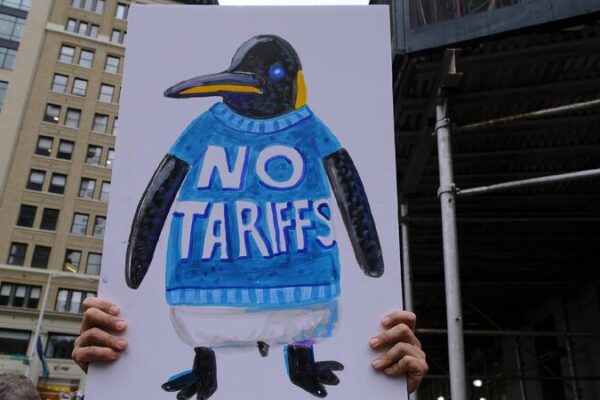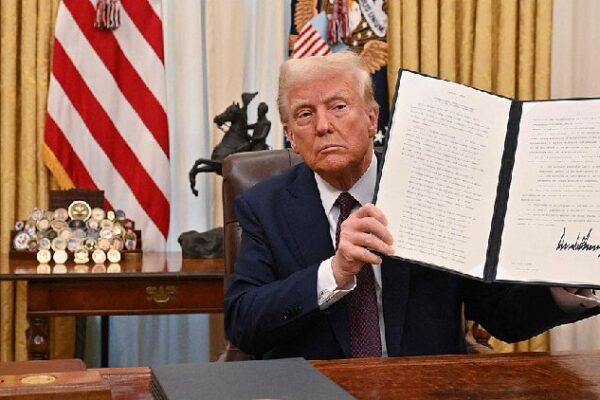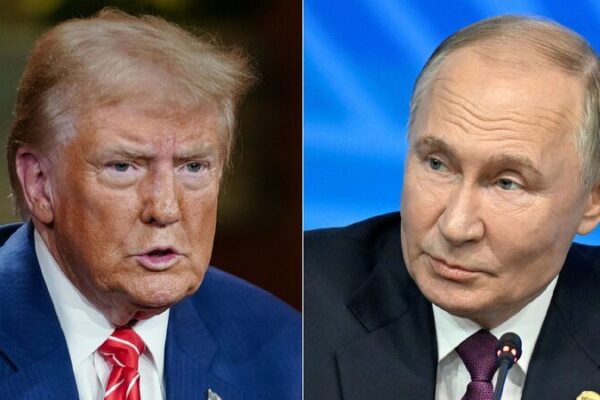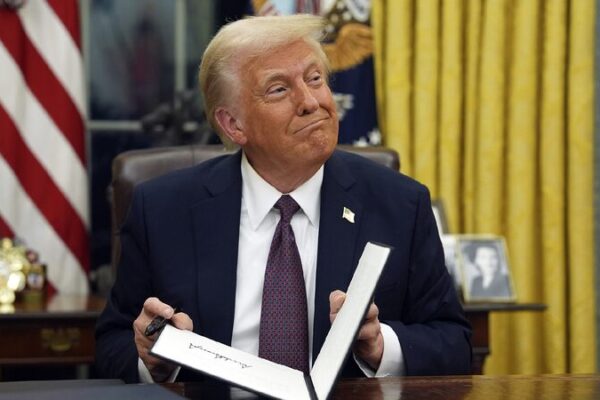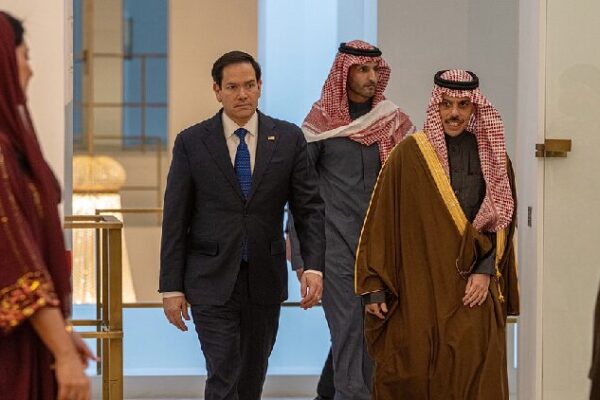The United States has decided not to attend the upcoming Group of 20 (G20) Foreign Ministers’ Meeting in South Africa, a move that is raising questions about its commitment to global cooperation. The absence of the U.S., traditionally a key player in international affairs, has sparked confusion and concern among global leaders, especially in the Global South.
The announcement came when Secretary of State Marco Rubio stated he would not participate in the summit. “South Africa is doing very bad things,” Rubio said, without providing specific details. Shortly after, President Donald Trump issued an executive order cutting financial assistance to South Africa and offered resettlement in the U.S. to “Afrikaner refugees escaping government-sponsored, race-based discrimination.”
These actions have strained the bilateral relationship between the U.S. and South Africa. Analysts suggest that South Africa’s recent request for the International Court of Justice to sanction Israel over the Gaza crisis may have contributed to the tensions. President Trump’s strong support for Israel is well-known, and his retaliatory measures are seen by some as lacking diplomatic tact.
The decision to skip the G20 meeting has broader implications. The G20 is a crucial platform for addressing global issues like climate change, international trade, and economic development. The U.S. absence diminishes its influence over these discussions and signals a potential retreat from international leadership.
“America First” policies under the Trump administration have led to the U.S. stepping back from various global commitments, including trade agreements and climate accords. This trend worries many global leaders who see the U.S. disengaging from its traditional role in shaping global affairs.
The symbolism of the U.S. skipping a major meeting in the Global South is significant. With the African Union having joined the G20 recently, the absence of the U.S. sends a negative message to a region that comprises a vast majority of the world’s population. In contrast, China, the world’s second-largest economy, is fully participating in the summit, potentially strengthening its ties and influence within the Global South.
The global economy faces uncertainties, and lower- and middle-income nations are grappling with debt challenges. The lack of U.S. engagement means fewer collaborative solutions to these pressing issues. As the world watches, the U.S. decision to withdraw from the G20 meeting leaves many wondering about its future role on the global stage.
Reference(s):
U.S. ditching G20 meetings adds to global confusion about its aims
cgtn.com


